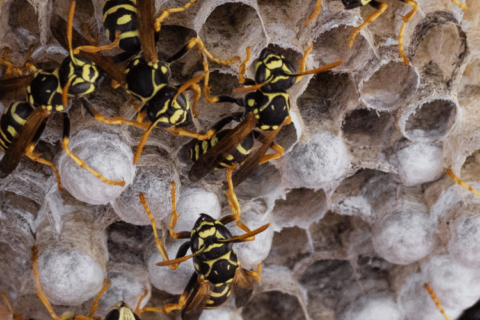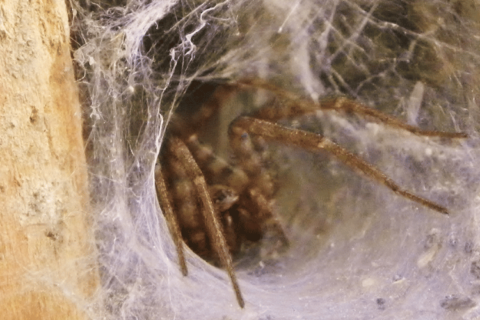Mosquito Season Is Back

With April well underway, we are in the beginning of mosquito season here in the Midwest. The winter weather has left and with the sunshine comes the flying pests we all have come to know and detest. Here are a few facts about mosquitoes you may not be aware of to help you prepare for the upcoming season.
1. West Nile virus is a very real threat.
While many might have heard of the horrid diseases and viruses that mosquitoes can carry and give your through their bite, many are unaware of the severity of the threat. We often think of these health risks only happening overseas or to other people far from us. This could not be farther from the truth. According to the Illinois Department of Health, there were 90 West Nile virus cases found in Illinois alone and eight of those cases ended in death. Guard yourself against this virus by avoiding outdoor activity when mosquitoes are most active, dusk and dawn, and cover your skin with clothing or repellent when possible.
2. Mosquitoes also carry heart worms.
You are not the only one who could be harmed by these flying disease carriers as your pets can also be given heartworms via a mosquito’s bite. Heartworms are worms that transfer from animal to animal through these bites and live in their heart, lungs, and blood vessels causing damage to these organs that often leads to organ failure and death. Heartworm prevention is readily available for your animals and it is affordable in comparison to treatment for heartworm disease which can be very expensive. Save your pet’s life and keep them safe from mosquitoes this season.
3. It is the females you need to beware of.
In mosquitoes, male and female behavior is not alike. Males feed only on nectar and water for nutrients, so they will never land on a human to bite them. Instead, the females are the ones who feed on the blood of humans and animals. They drink blood in order to gain the protein they need to develop and harvest their eggs. Their longer lifespan ensures that they can lay hundreds of eggs after feeding. Female mosquitoes can begin feeding on blood only two days after hatching and will continue to do so for the rest of their lifespan. This also means that all diseases and viruses spread by a mosquito’s bite are only spread via the females.
4. They sense carbon dioxide to locate you.
That’s right. A female mosquito locates the blood she needs to develop her eggs by using visual, olfactory, and thermal cues. They are attracted to the odor of carbon dioxide which we produce when we exhale. That means that every time you breathe out when you are outdoors, you are acting as a beacon to all females searching for their next meal. A female mosquito can detect carbon dioxide from a range of 10 to 50 meters away. However, even if they cannot track your breath, they can still see you and use their thermal sensors to detect your body heat, so holding your breath is in no way a simple solution to this issue.
Image by Mark Minge from Pixabay


